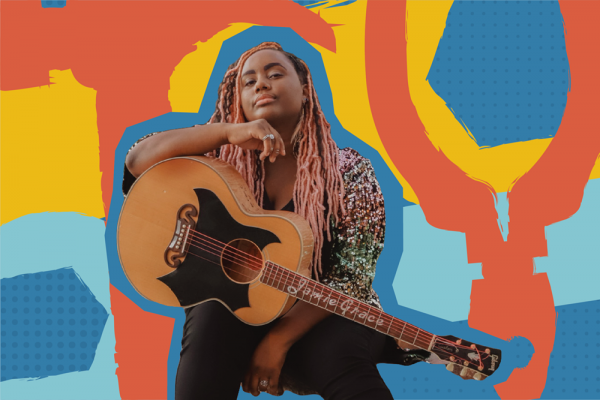As a dedicated sports fan, I am extremely excited to watch this year’s lineup of the 2024 Summer Olympics, starting in Paris on Friday, July 26. The U.S. women’s basketball team is competing for their 8th consecutive gold medal; Simone Biles may just win it all — again; and though I know nothing of the sport, I am always excited to catch a fencing bout. However, as a Christian, I am also paying close attention to the ways in which religion is being utilized — for good and for bad — at this year’s Olympic Games.
“It’s a shame he missed.”
That was the first thought I had when I saw that someone had attempted to assassinate former President Donald Trump. My second thought was, “You shouldn’t think that — you consider yourself a peacemaker and pacifist.” I wondered how my Christian commitments could erode so quickly.
Like any other Gen Zer, I’ve grown up hearing about the potential harms of social media: As early as elementary school, teachers and parents warned us of stranger danger, not just in the grocery store, but also online. I was 12 when I got my first social media account on Instagram (even though my hand-me-down iPod Touch didn’t have a camera). In seventh grade, I, and many of my classmates, wrote our final essays for English class on the influence of social media on teenage girls’ body image. I was in junior high when news broke that Facebook user data had been improperly harvested to manipulate U.S. voters. In my high school’s speech and debate club, I learned about dangers of doxxing — posting people’s personal information, like addresses, online as a way to target them for violence. And in my own work here at Sojourners, I regularly see the hate and homophobia that shows up in social media comments.
Many of us are feeling fear, disorientation, or anger at this moment. As Christians, we need to meet perilous feelings with a resolve to follow Jesus and remember his teachings: The truth will set us free, and we must learn to love our enemies.
In recent years, the work of librarians has been sucked into the center of the “culture wars” as fascist and authoritarian movements in the U.S. attempt to censor materials, especially about queerness and racial justice. Meanwhile, justice movements have recognized how libraries are a shining example of public-funded community goods.
After former President Donald Trump was shot in the ear during a campaign rally on Saturday, faith leaders expressed their disavowal of political violence, reflections on how to reduce polarization, and a desire for other forms of violence to be taken seriously.
Disarm us, O Lord — our minds, lips, and hearts, and hands — that we may more perfectly love you.
I had been doing therapy for a decade with little results, but things really began to change when I started meditating.
Gospel music is my oasis in troubled times. My colleagues can also attest that it’s the background music by which I conduct most of my work.
As I remember it, I was first introduced to Jamie Grace’s career while listening to a Christian radio show in 2011. At the time, she was a 19-year-old college student majoring in child and youth development, recently signed to a major Contemporary Christian Music (CCM) label, and was less than a year away from being nominated for the 2012 Grammy Award for Contemporary Christian Music Song. She was a Black woman in an industry largely made up of white men; she was open about her diagnoses of Tourette syndrome, attention-deficit/hyperactivity disorder, and obsessive-compulsive disorder at a time when I wasn’t aware of many people who were; and she was a very skilled guitar player, songwriter, and singer. As such, it seemed obvious that she had a bright future in an industry that needed new energy.









